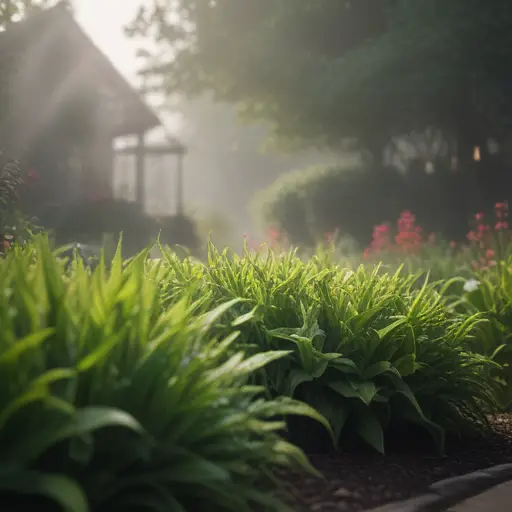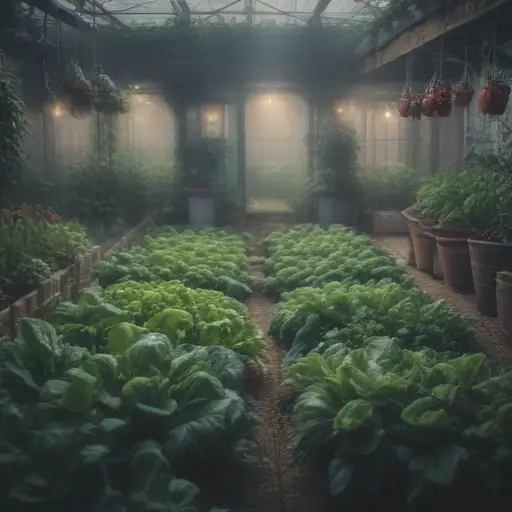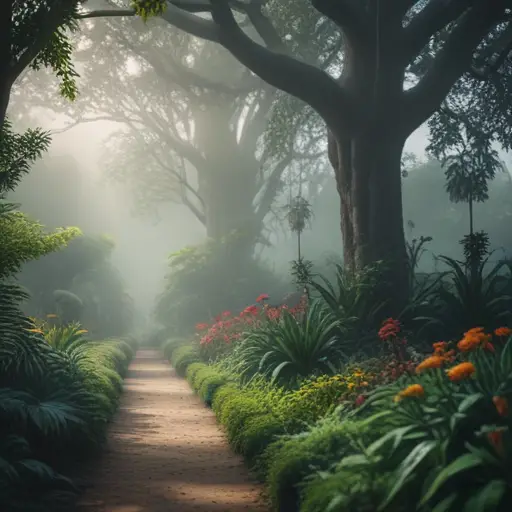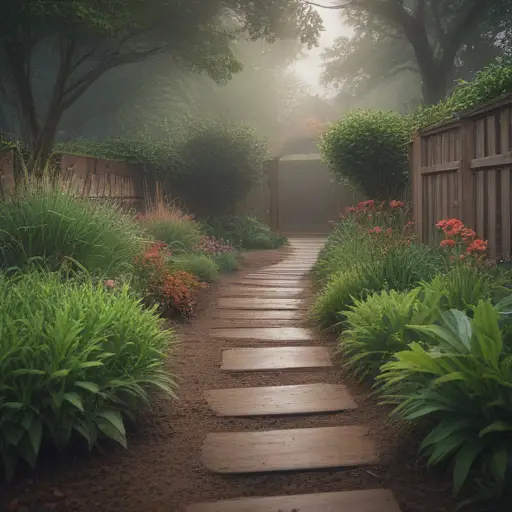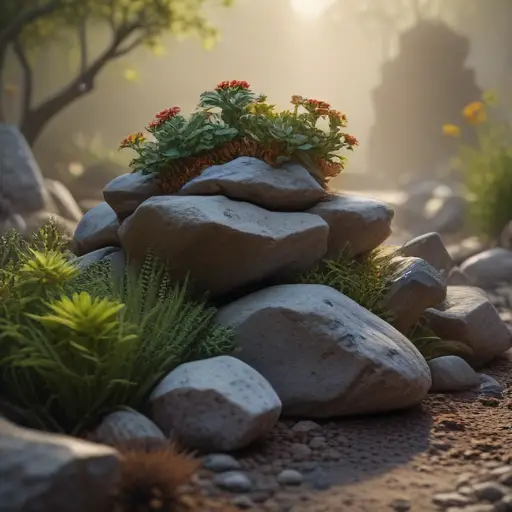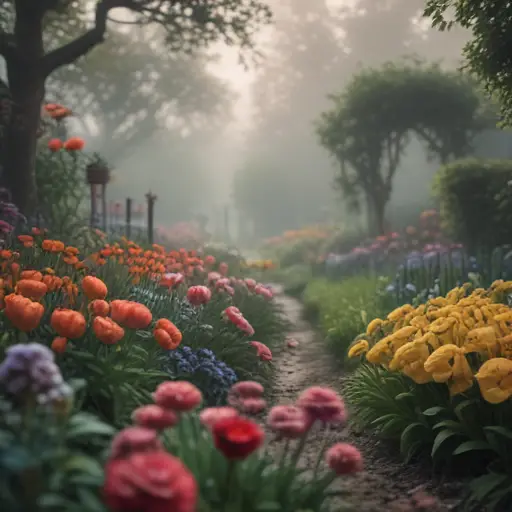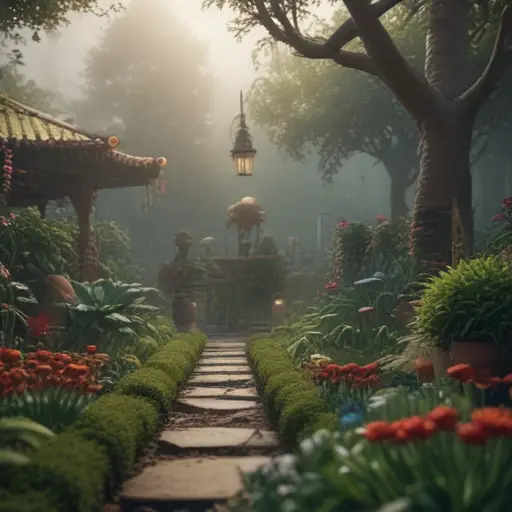Best Times to Water Your Garden
Understanding Your Garden’s Water Needs
Watering your garden can be a bit like trying to figure out a complicated math problem – you’re never quite sure if you’re doing it right. But fear not, dear gardeners! The key to understanding your garden’s water needs lies in paying attention to the signs. If your plants are wilting like a sad balloon animal, it’s probably time to break out the watering can. On the other hand, if the soil is still damp from yesterday’s downpour, maybe hold off on the H2O. Remember, just like a good relationship, communication is key. Listen to your plants and they’ll tell you when they’re thirsty. And if all else fails, just give them a little pep talk – who knows, maybe they just need some words of encouragement to perk back up!
Signs Your Garden Needs Watering
Watering your garden in the early morning is the best time as it allows the plants to absorb the moisture before the heat of the day evaporates it. Watering in the evening can lead to fungal diseases as the plants remain wet overnight.
When it comes to knowing when your garden needs a drink, Mother Nature has given us some pretty obvious signs. If your once perky plants are starting to droop like a sad puppy, it’s time to break out the watering can. And if the soil feels as dry as the Sahara Desert, well, that’s a pretty clear indicator that your garden is in need of some hydration. Don’t wait until your garden is gasping for water like a fish out of water – keep an eye out for these telltale signs and your garden will thank you with lush, happy blooms.
Best Times to Water Plants
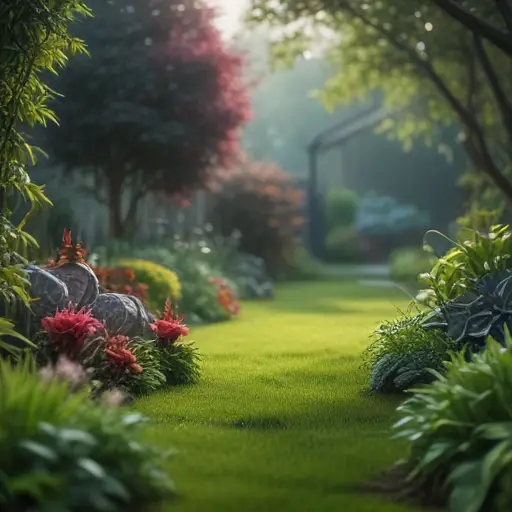
The best times to water your plants can make a world of difference in their overall health and vitality. Early morning is often considered the ideal time to water your garden, as it allows the plants to absorb the moisture before the heat of the day kicks in. This helps prevent evaporation and ensures that the water reaches the roots where it’s needed most. Additionally, watering in the morning can help reduce the risk of fungal diseases, as the foliage has time to dry out before nightfall.
On the flip side, watering in the evening can also be beneficial, especially during hot summer months. By giving your plants a drink in the evening, you can help them cool down after a scorching day and prepare them for the night ahead. However, it’s important to water the soil directly and avoid wetting the foliage, as damp leaves in the dark can create a breeding ground for diseases.
Avoid watering your garden during the peak heat of the day, as the water is more likely to evaporate before it can benefit your plants. This not only wastes water but also doesn’t provide the necessary hydration for your garden. If you find yourself needing to water during the day, try to do so in the shade to minimize evaporation and ensure that the water has a chance to penetrate the soil.
Ultimately, the best time to water your garden will depend on your specific climate and the needs of your plants. Pay attention to the signs of dehydration, such as wilting leaves or dry soil, and adjust your watering schedule accordingly. By watering at the right times, you can help your garden thrive and ensure that your plants are happy and healthy all season long.
Tips for Efficient Garden Watering
Fun fact: The best time to water your garden is in the early morning, as this allows the plants to absorb the water before the heat of the day evaporates it. Watering in the evening can lead to moisture sitting on the leaves overnight, which can promote the growth of mold and mildew.
To make the most of your watering efforts, consider investing in a soaker hose or drip irrigation system to deliver water directly to the roots of your plants. This not only helps conserve water by minimizing evaporation, but it also ensures that your plants are getting the hydration they need. Additionally, mulching around your plants can help retain moisture in the soil and reduce the frequency of watering. Remember, the key to efficient garden watering is to water deeply and less frequently, allowing the roots to grow strong and healthy. By following these tips, you can keep your garden thriving while also being mindful of water conservation.

